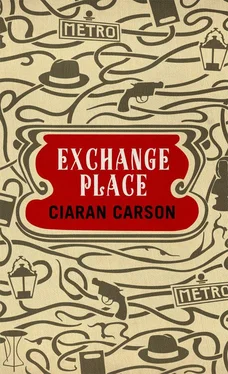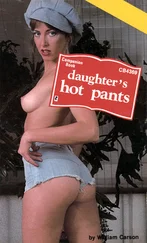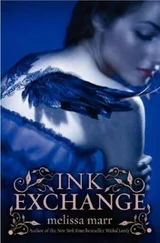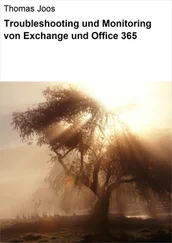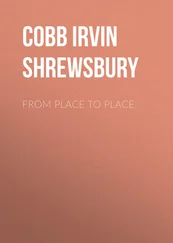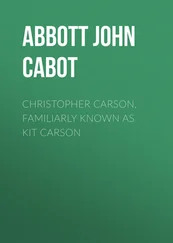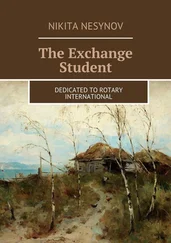My CD of Gould’s playing of Contrapunctus XIV lasts twelve minutes eighteen seconds, and I knew the piece had a good few minutes to go when I got to the top deck of Castle Court car park. I let the engine run because if I switched it off I’d lose a few seconds of the performance. I knew how the piece ended, if that is the right word for a fugue which Bach never finished, and I see the video of Gould’s playing Contrapunctus XIV , the camera close in to show the eyes behind the big square horn-rimmed glasses, the eyes sometimes open, half open or closed, the eyelids fluttering as if in REM sleep, dreaming the music, the mouth grimacing and smiling ecstatically, camera panning out to show all of Gould on the stage, until Bang ! he punches out the final note before the shock of silence, a blank that strikes one almost bodily, and Gould throws up an arm as if shot, his index finger pointing to the heavens.
I turned off the engine. The radio stopped. I sat in the aftermath of the music for some minutes. I felt I had been somewhere else. In a state of fugue as it were, that temporary amnesia in which one loses the sense of oneself and takes on a life as another before coming to oneself again months or years later. Fugue, from Latin fugere , to flee.
When I got to Caffè Nero I wrote this all down, or what I remembered of it, knowing I’d written or thought of it many times before, thinking this time it might serve as a beginning or preamble to the book I had in mind, and again I try to picture the words I wrote in the missing notebook, but all I see is the rain-spattered page, all illegible splashes, blots and asterisks. And, as I write now in another notebook in 41 Elsinore Gardens, I try to see myself sitting outside the Morning Star, and I hear the rain drumming down on the awning and picture myself hunched over the missing notebook, cigarette in one hand, pen in the other, scribbling whatever words I wrote then. My eyes are wide open but it is as if I am dreaming. I am inside my mind floating outside myself looking down at myself, a disembodied mental eye or camera lens, I find I can pan round and see myself from different angles, and it is as if I see myself as someone else, the way that something I wrote years ago looks written by another; and in any event we never really see ourselves, all we see of ourselves is what we see in the mirror, ourselves reversed, which is not how others see us, we can never walk around ourselves and see what we look like from the back, so I float down and hover at my back and look over my shoulder at what I am writing, or what the other me was writing before the wind gusted a flurry of raindrops over the words, but try as I might the words swim and dissolve into splashes, blots and asterisks.
I pull myself away and see the other customer two tables away from me sitting before his pint. The brim of his trilby is pulled down so I can’t see his face, but his body language looks familiar and I think maybe that is only because I have tried to picture him many times before, perhaps all I am remembering is a memory of a memory, or a speculation rather. In any event one could posit a relationship between these two figures brought together by whatever happenstance, a previous history in which they met each other in some other existence, that the man who was me, John Kilfeather, had met this man, let us call him Mr X, on some other occasion or several occasions, though I am pretty certain we had never met before. I suppose that at a certain point Mr X will come over to me and introduce himself to me as a stranger, and he will ask me what I am writing in my notebook, and I will not tell him the truth, for that would be too convoluted, and perhaps embarrassing, or seemingly pretentious, and in any event why should I tell him the truth, for the odds are that I and Mr X will never meet again, or perhaps we might, so I make up a story that will suit should we ever meet again. I could even give myself another name.
Rue des Boutiques Obscures
He was walking along Boulevard de Bonne Nouvelle in Paris, thinking of what had just happened to him in Rue du Sentier. It was cold and dark and foggy and the street lamps glowed dimly through the fog, their light shimmering in puddles on the street. He was wearing a double-breasted camel overcoat, red and white polka dot scarf, grey trilby, navy-blue corduroys, tan brogues and burgundy leather gloves. He was carrying a scuffed briefcase with the initials R.E.M. stamped on the flap above the brass lock. The initials were not his, as evidenced by the passport in his briefcase, which bore the name John Gabriel Kilpatrick and a photograph which did not look like him, taken four years previously. Also in the briefcase were a red, blue and green striped Kenzo scarf, three Muji A6 notebooks, a Muji A5 notebook, three Muji 0.5mm ink gel pens in black, blue and red, a map of Paris, an Eyewitness Travel Guide to Paris reprinted in 2005, and therefore five years out of date, a 1910 Baedeker Paris , and a novel by the contemporary French writer Patrick Modiano: John Kilpatrick was a travel writer and was in Paris for two weeks researching a book he intended to write about Paris which would feature extracts from books, fictional or otherwise, set in Paris, whether by writers living or dead. It was cold and he was glad of the burgundy leather gloves and he liked the feel of the hard leather briefcase handle in the soft leather grip of the glove and the feel of the cashmere lining on his hand within the glove. It was comforting to have that feeling after what had just happened to him in Rue du Sentier not ten minutes ago.
Earlier that day Kilpatrick had risen early in his hotel of choice, Hôtel Chopin in Passage Jouffroy off Boulevard Montmartre. The rooms were small but comfortable and the location was exceptional. Passage Jouffroy was one of the first such glass-roofed arcades in Paris, built in 1847, and contained an array of small retail outlets, among them Boutiques des Tuniques, selling blouses, shirts, robes, kimonos, scarves; Segas, walking-canes and theatrical antiques; Au Bonheur des Dames, embroidery; and Cinédoc, specializing in cinema books, posters and memorabilia. There was an entrance to the Musée Grevin, the waxworks museum on Boulevard Montmartre, though Kilpatrick had never ventured beyond its doors. Waxwork figures disturbed him.
After breakfast he went out for the day. It was a pleasant October morning, bright with a frosty nip in the air, and the soles of his brogues clacked musically on the hard pavement. He walked at random. Yesterday he had put in a good stint of research, visiting the Musée des Arts et Métiers and writing detailed descriptions of some of the architectural models on display, miniature simulacra of actual buildings in Paris, wonderful in the precision of their construction. He felt he deserved a break. Towards midday he found himself on the Rive Gauche in Le Bon Marché department store, designed by Gustave Eiffel and opened in 1852. It was warm indoors and he took off his red, blue and green striped Kenzo scarf and put it into the briefcase he was carrying. As he did so he thought this was an opportunity to buy a new scarf. He liked to buy at least one item of clothing in any location he might be visiting, items which would serve as souvenirs or aides-memoire, tangible connections with the past, redolent with association. The Rome shirt, the Berlin hat, the New York wingtip shoes which every time he put them on reminded him of the manhole covers of New York, massive antique cast-iron shields embossed with their makers’ names, Abbott Hardware Company Ironworks, Marcy Foundry, Etna Iron Works, Madison Ironworks, Cornell’s Iron Works, the words making themselves felt underfoot when he walked on them.
He proceeded to Soldes Mode Hommes and after a perusal of the neckwear department chose a heavy silk red and white polka dot scarf with a cashmere backing. He had just left the store when he thought of the other scarf he might have bought instead, a blue and gold paisley that might have gone better with the camel coat, though it cost somewhat more. He put the thought behind him. He put on the red and white polka dot scarf.
Читать дальше
